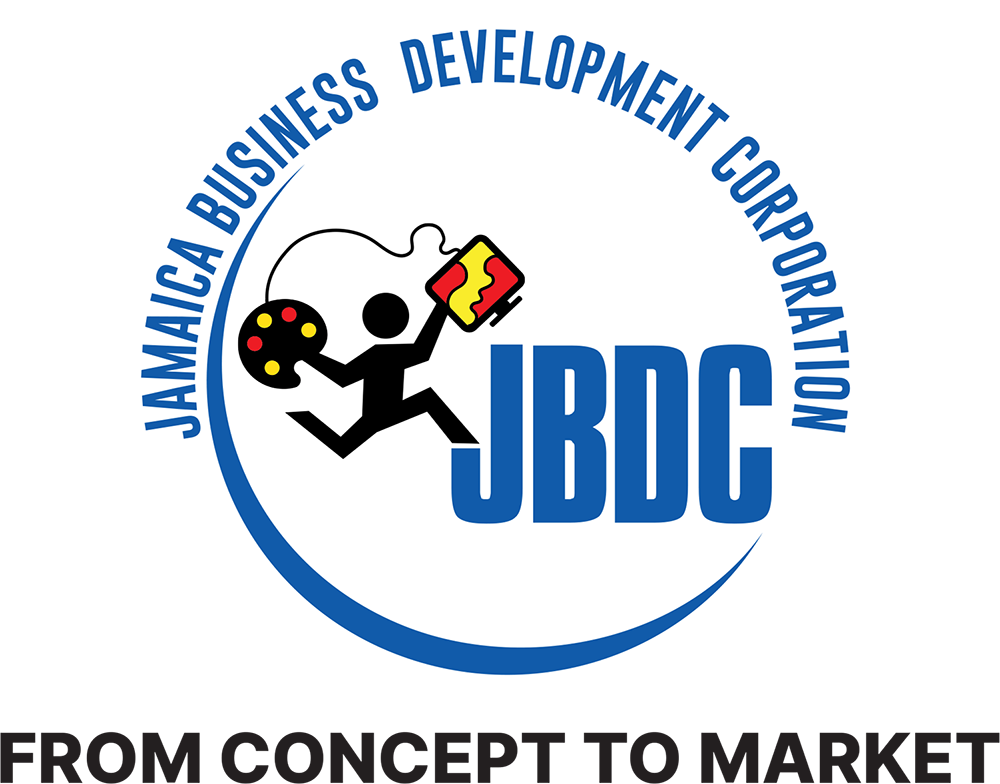The Jamaica Business Development Corporation, JBDC, has carried out tests on almost 30 different plant materials over the past two years, with a view to producing essential oils locally for a worldwide market estimated at over US$20 billion.
Essential oils are used in the making products such as cosmetics, soaps and for which local producers import more than 90 per cent of their inputs.
The global essential oils market size was valued at US$18.6 billion in 2020 and is expected to expand at a compound annual growth rate of 7.4 per cent in terms of revenue from 2021 to 2028, data supplied by the JBDC shows.
According to research company Fortune Business Insights, Europe dominates the essential oils market with a share of 43 per cent in 2024.
Essential oils are non-water-soluble liquids containing unstable aroma compounds of the plants. They are also known as volatile oils or ethereal oils and are generally extracted by distillation, expression, and cold pressing.
Essential oils differ from fixed oils such as castor oil or avocado oil for which the JBDC is also providing training.
They are used in perfumes, cosmetics, soaps, air fresheners and other products, for flavouring food and drink, and for adding scents to household cleaning products.
But despite the potential of the project, Jamaica is in the learning stage as to whether this could become an industry here, says JBDC Acting CEO Harold Davis.
“There are pockets of activity (persons producing essential oils), but an industry that is inclusive of the management of the complete value chain from the farm to the table doesn’t exist and that’s where we saw the opportunity,” Davis told the Financial Gleaner.
“Over the last two years we have been focused a lot on getting persons trained in the business of understanding the value chain and the process of essential oils extraction, demystifying it and making them know that you can operate at an international standard with the equipment and facilities available, “ he noted.
An agency of the Ministry of Industry, Investment & Commerce, the JBDC collaborates with government, private sector, and other stakeholders to develop local businesses.
The last oil extraction methods workshop was held in March this year, for micro, small, and medium-sized enterprises, referred to as MSMEs.
The training which took place at the JBDC Incubator & Resource Centre in Kingston saw participants extracting coconut oil and eucalyptus oil.
Meanwhile director of the JBDC Incubator & Resource Centre, David Harrison said a number of workshops targeted various clients along the value chain for essential oils. The first workshop was an introduction to essential oils and included the growing of raw material, extracting and expressing the oils, as well as their use, whether in cosmetics or food grade products.
“The first workshop was oversubscribed, and we ended up having to do groups of about 40.
Some 86 persons in the introduction to essential oils workshop. Subsequently, the oil extractions workshop was also oversubscribed, and we ended up repeating it,” Harrison said.
He said while most of the participants are experimenting with various materials to see which would be viable for them, others are pressing ahead.
“There’s a lady in perfumery doing some wonderful stuff. There’s a gentleman who has decided he is going into pimento oil. He actually started farming pimento and has purchased equipment to extract the oil,” Harrison noted.
“There is interest in the marketplace around essential oils. I have received calls from persons in the UK (United Kingdom), expressing that there is a tremendous demand for the Jamaican pimento oil, which they cannot satisfy,” Davis added.
Among the materials being experimented with for extraction include rosemary, avocado, bay leaf, lemon grass, ginger and vetiver.
Davis said in the last quarter of 2024, the incubator produced oil valued at $7.7 million, a figure he finds encouraging.
“We know just based on the potential in terms of the amount (of essential oils) being imported, that there are major possibilities in the industry. What is not sorted out is the route to market, which oils in particular are most viable, the value chain to support the industry itself, and where there is a particular value proposition for Jamaica,” he said.
Meanwhile Kashka Bekitemba from Spring Mount St. James, who journeyed to Kingston for the extraction workshop, said the experience gave him some business ideas.
“My trip was a research project to see what volume of material produces what volume of oil, how long it takes to produce, and the equipment needed from start to finish,” he told the Financial Gleaner.
“It’s a viable business because essential oils are used in making several products for the hair and skin as well as perfumes.”
He suggested that the JBDC establish a similar incubator in western Jamaica, because the cost to transport the material from over the distance was prohibitive.
Source: Gleaner – https://jamaica-gleaner.com/article/business/20250528/jamaica-essential-oils-still-learning-curve







